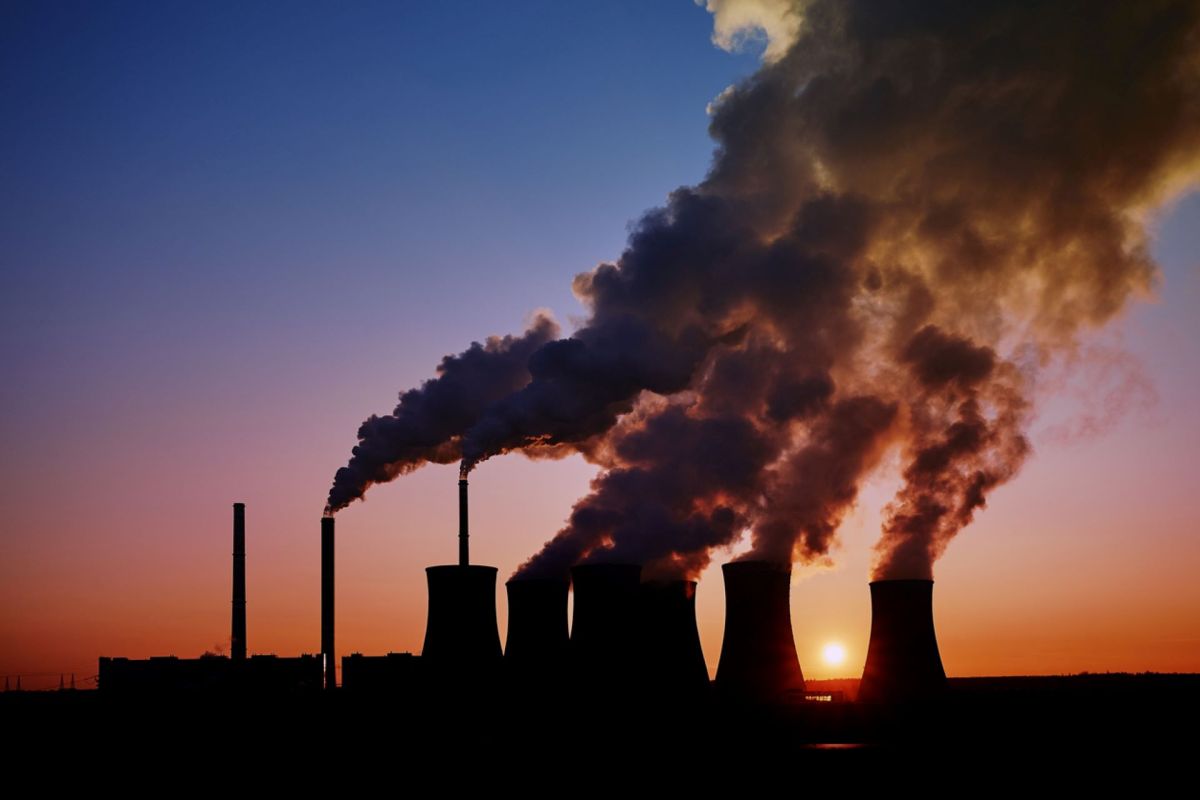A new report has revealed that governments plan to produce more than double the amount of dirty energy in 2030 than what would be needed to curb the disastrous and possibly irreversible effects of climate change.
What happened?
Despite the fact that 151 governments across the globe have pledged to net-zero emissions, a new report from The Production Gap has revealed that countries like the United States, Russia, and Saudi Arabia will actually drill for more oil and gas in 2030 than at any time in history.
Collectively, governments across the globe plan to produce more than double the amount of fossil fuels in 2030 than what would be consistent with limiting global warming to 1.5 degrees Celsius (2.7 degrees Fahrenheit).
"Governments are literally doubling down on fossil fuel production; that spells double trouble for people and [the] planet," United Nations Secretary-General António Guterres said in response to the report. "We cannot address [the] climate catastrophe without tackling its root cause: fossil fuel dependence."
Why is the report concerning?
In order to prevent the potentially irreversible effects of climate change, scientists have agreed that it is important for the world's average temperature to not surpass preindustrial times by more than 1.5 degrees Celsius.
In 2022, we had already reached 1.15 degrees Celsius above preindustrial levels. In May 2023, the World Meteorological Organization issued a report that projected a 66% likelihood that the average global temperature would exceed that 1.5-degree threshold — at least temporarily — in the next five years.
Surpassing that barrier would be devastating. About 14% of the Earth's population would face severe heat waves at least once every five years. Other potential threats include severe droughts, reduced water availability, and extreme weather events that could endanger lives.
A warming world would not just affect humanity, however. If the planet heats past 1.5 degrees Celsius, 6% of insects, 8% of plants, and 4% of vertebrates would see their geographic ranges reduced by more than half.
What can I do about climate change?
Governments across the world have pledged to decrease greenhouse gas emissions and the use of fossil fuels. For instance, the Biden administration in the United States has pledged to reduce the country's greenhouse gas emissions by 50-52% below 2005 levels in 2030.
However, the new report sheds light on how current promises might not be enough, so it is important that everyday citizens continue to put pressure on elected officials.
The Natural Resources Defense Council advises people to take a stand at town halls and public meetings and submit public comments to play a bigger part in the decision-making process.
Meanwhile, world leaders will meet again during the 2023 United Nations Climate Change Conference (COP28) starting November 30 to discuss calls for collective action.
"COP28 must send a clear signal that the fossil fuel age is out of gas — that its end is inevitable," Guterres said, per the New York Times. "We need credible commitments to ramp up renewables, phase out fossil fuels, and boost energy efficiency, while ensuring a just, equitable transition."
Join our free newsletter for cool news and actionable info that makes it easy to help yourself while helping the planet.









